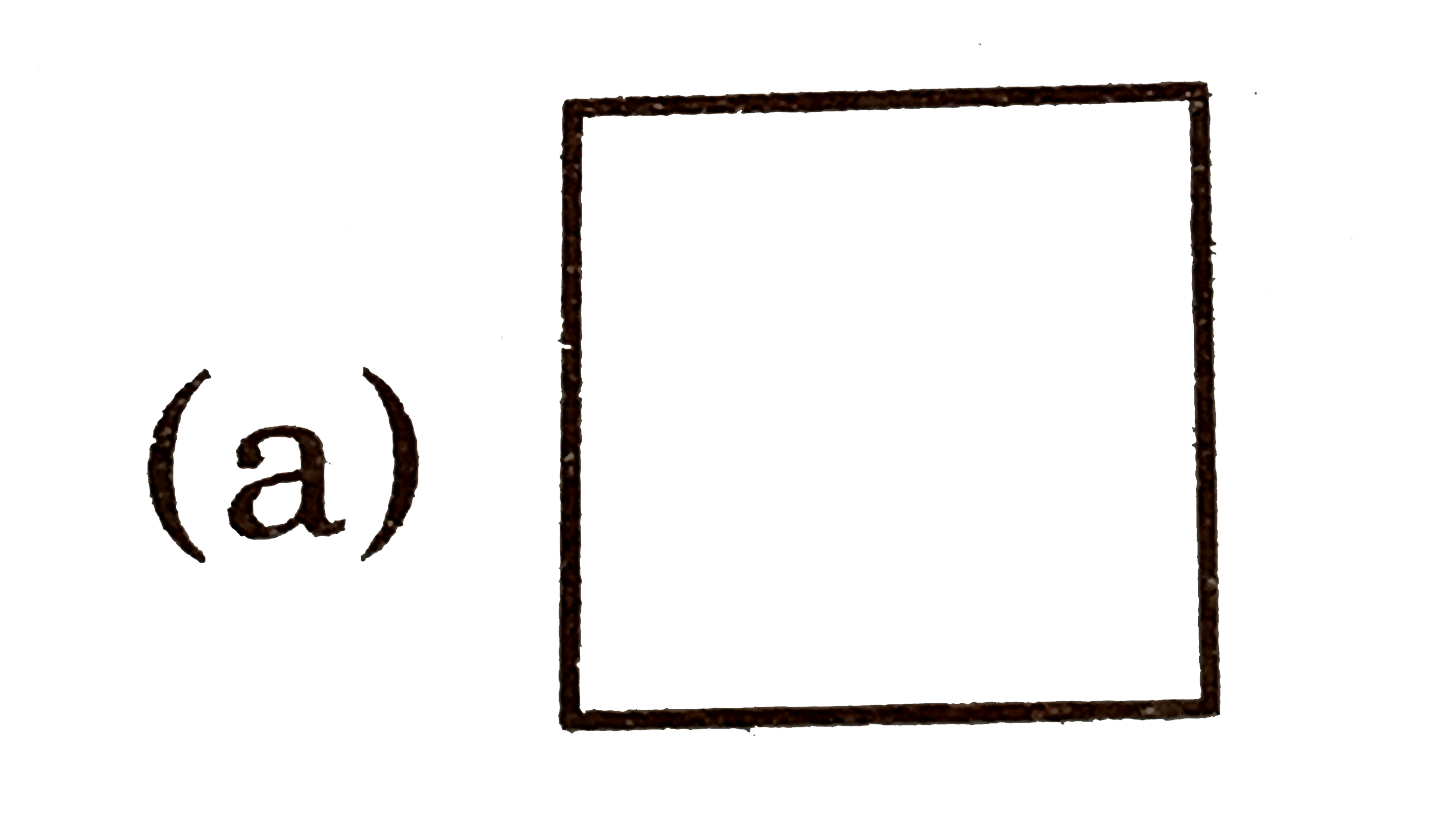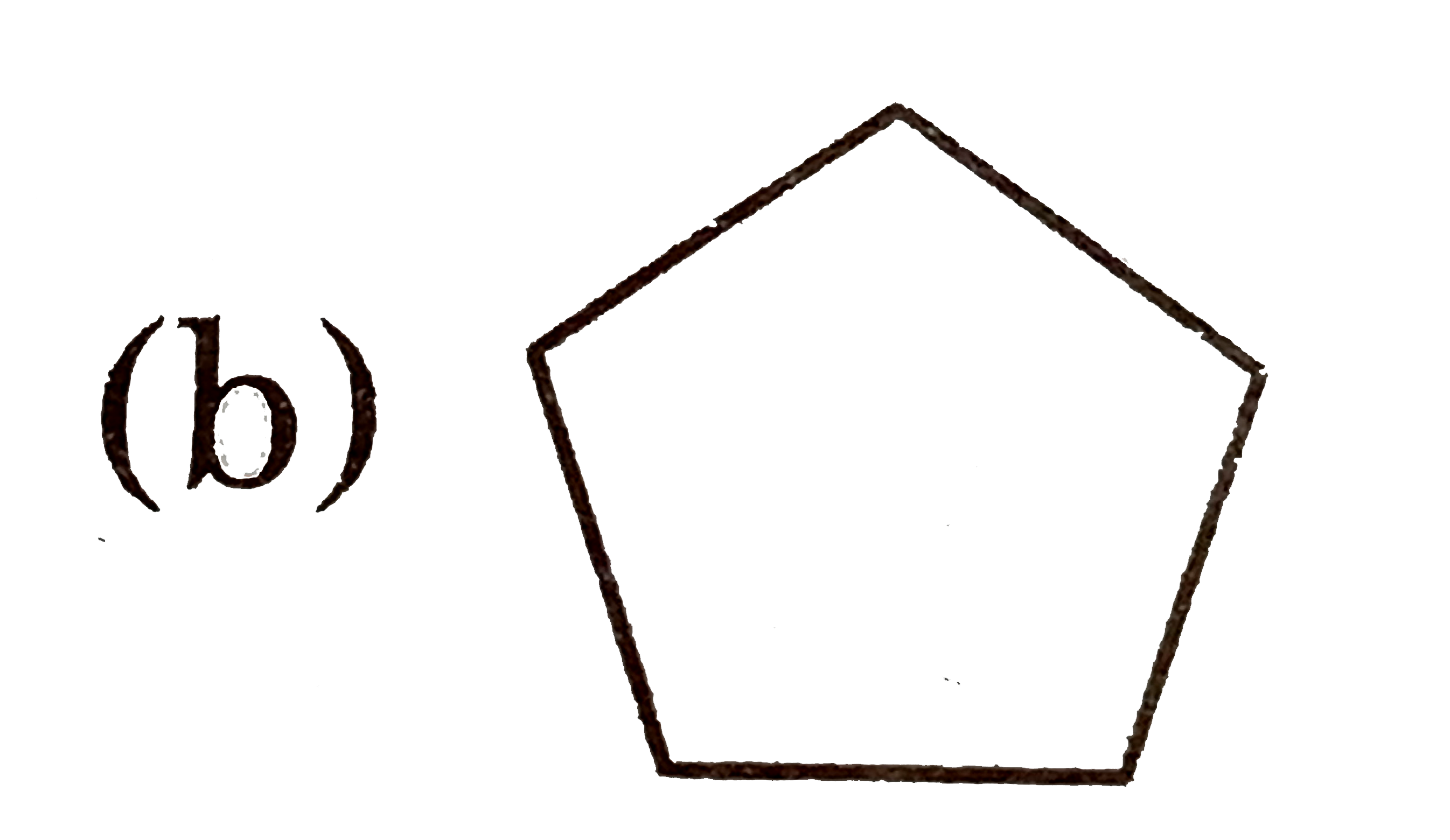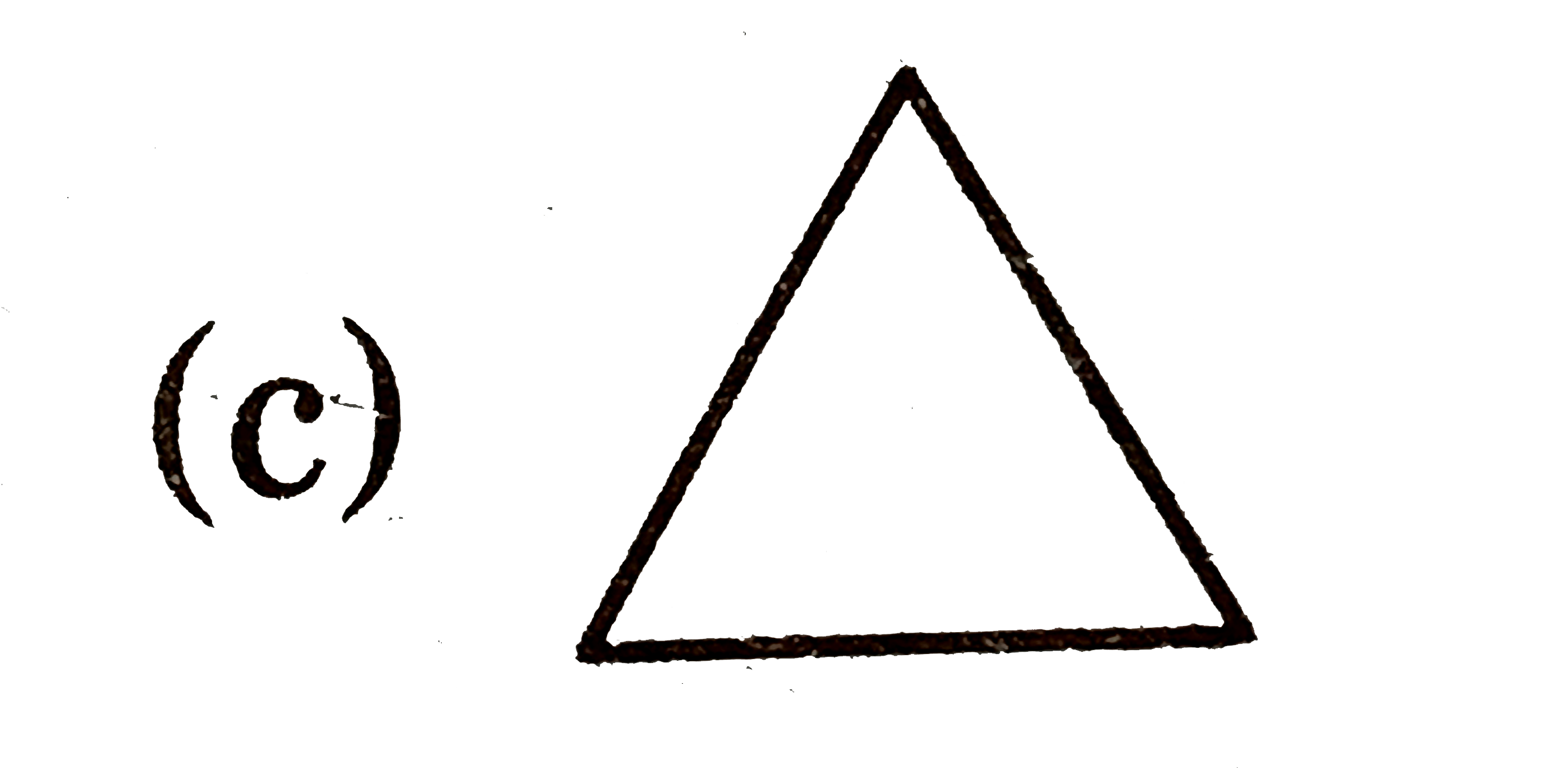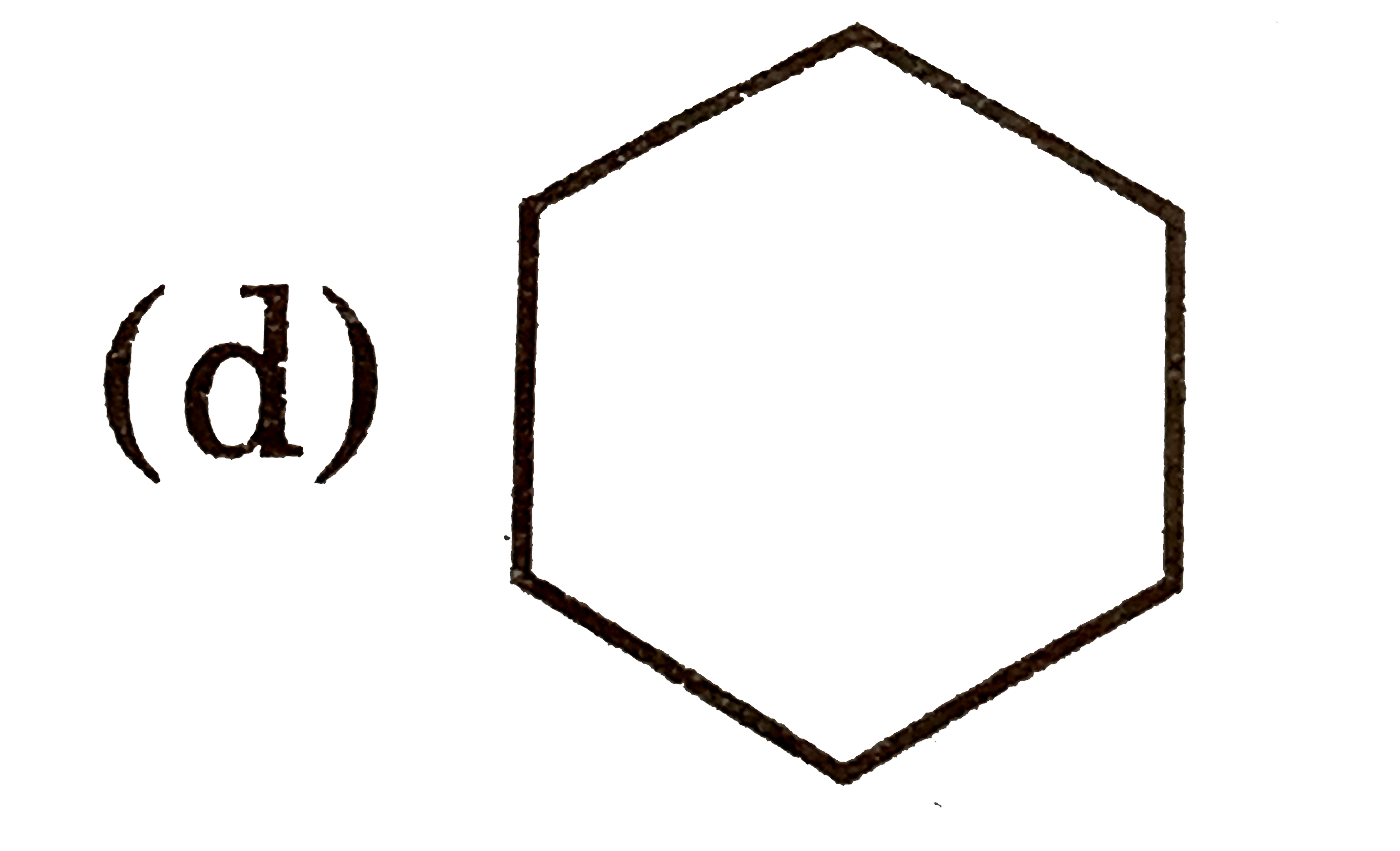Aqueous solution of the following compound on electrolysis gives ethane
A
Acetic acid
B
Acetamide
C
Potassium acetate
D
Ethyl acetate
Text Solution
The correct Answer is:C
2CH3COOKPotassium acetate+2H2OElectrolysis−−−−−−→CH3−CH3+2CO2Anode+2KOH+H2Cathode
|
Topper's Solved these Questions
- HYDROCARBONBOOK - ERRORLESS CHAPTER - HYDROCARBONEXERCISE - ORDINARY THINKING (Objective question) (ALKENE)
129 Videos
- HYDROCARBONBOOK - ERRORLESS CHAPTER - HYDROCARBONEXERCISE - ORDINARY THINKING (Objective question) (ALKYNE)
120 Videos
- HALOGEN CONTAINING COMPOUNDBOOK - ERRORLESS CHAPTER - HALOGEN CONTAINING COMPOUNDEXERCISE - Critical Thinking (Jee (Advanced) 2018)
1 Videos
- IONIC EQUILIBRIUMBOOK - ERRORLESS CHAPTER - IONIC EQUILIBRIUMEXERCISE - JS Jee Section (JEE Advanced (Numeric answer type question))
1 Videos
Similar Questions
Knowledge Check
Aqueous solution of an organic compound 'A' on electrolysis liberates aceylene and CO2 at anode. 'A' is
Apotassium citrateBpotassium acetateCpotassium succinateDPotassium maleateAqueous solution of Na salt of glutaric acid on electrolysis gives:
A B
B C
C D
D
A aqueous solution of substance on electrolysis gives ethane. The substance is
AAcetic acidBAcetamideCPotassium acetateDEthyl acetate
Aqueous solution of sodium succinate on electrolysis gives mainly
View SolutionWhich of the following compound can give acetylene on electrolysis?
View SolutionAn aqueous solution of compound A gives ethane or electrolysis. The compound A is :
View SolutionElectrolysis of aqueous solutions of which of the following substances results in only the decomposition of water ?
View SolutionWhich of the following metal can be obtained by the electrolysis of the aqueous solution of their salts ?
View Solution
